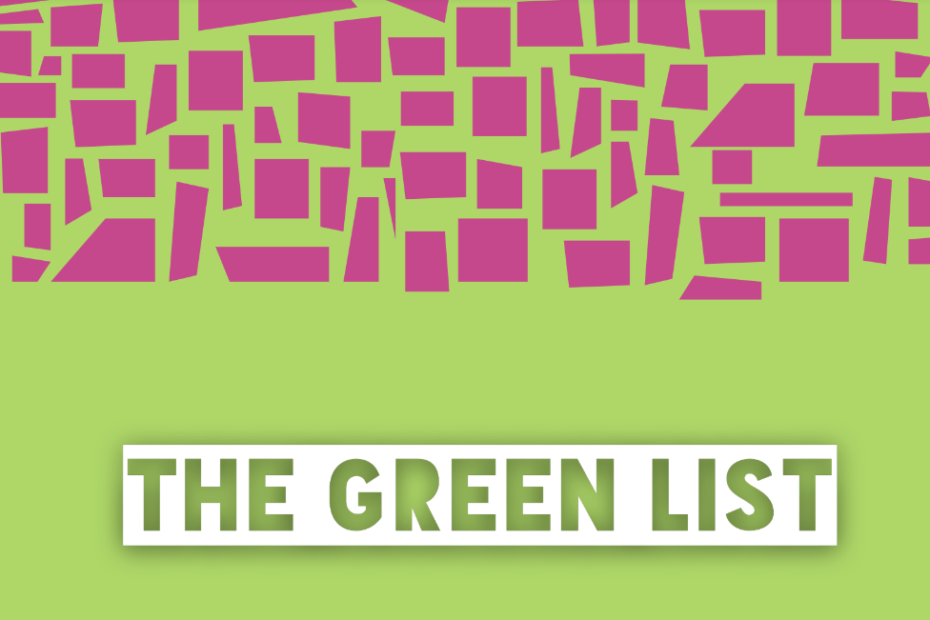“The Green List” we want to work on the topic of sustainability and improve our work through a study
of the impact we have through our activities and the different measures we can take to achieve a higher level of awareness and social, economic and environmental balance. Sustainability will be understood here as a broad concept, which encompasses various areas of our daily lives and, precisely for this reason, requires multidisciplinary approaches and the collaboration of various actors in society. The objectives we want to achieve are as follows:
– Raise awareness of climate change and climate justice within the European context and beyond.
– Exchange best practices on social, ecological and economic sustainability.
– Create a checklist with tips on how to improve sustainability in our projects and daily work.
– Create a mini-MOOC to disseminate and give visibility to the checklist and the info collected, hosted on the website www.youth-mooc.eu.
– Increase participants’ knowledge and capacity to adapt to climate change.
– Strengthening international networks of people and organisations motivated to work for a more sustainable future The project focuses on the sectoral priority “Environment and climate change” as it aims to to increase the competences of the different actors to better manage environmental resources and to have a lower impact on the planet. The latest IPCC (Intergovernmental Panel on Climate Change) report, specifically the part produced by Working Group I, shows that human actions can still determine the future course of the climate. The evidence is clear that carbon dioxide (CO2) is the main driver of climate change, although other greenhouse gases and air pollutants also affect the climate, and human action needs to be rapid and effective. Our efforts will also be based on following the adaptation guidance and suggestions proposed for our contexts by Working Group II, which believes that “inclusive, equitable and just adaptation pathways are fundamental to climate-resilient development. Successful adaptation will depend on our understanding of what adaptation options are feasible and effective in your local context. Secondly, we aim to bring improvements in the areas of inclusion, sustainability, diversity and digitalisation of education (hence we have also selected these priorities), promoting innovative, accessible and pluralistic approaches, so that the
project results can not only be influenced by different actors with different needs and expertise, but also be used by people and organisations all over the world.
